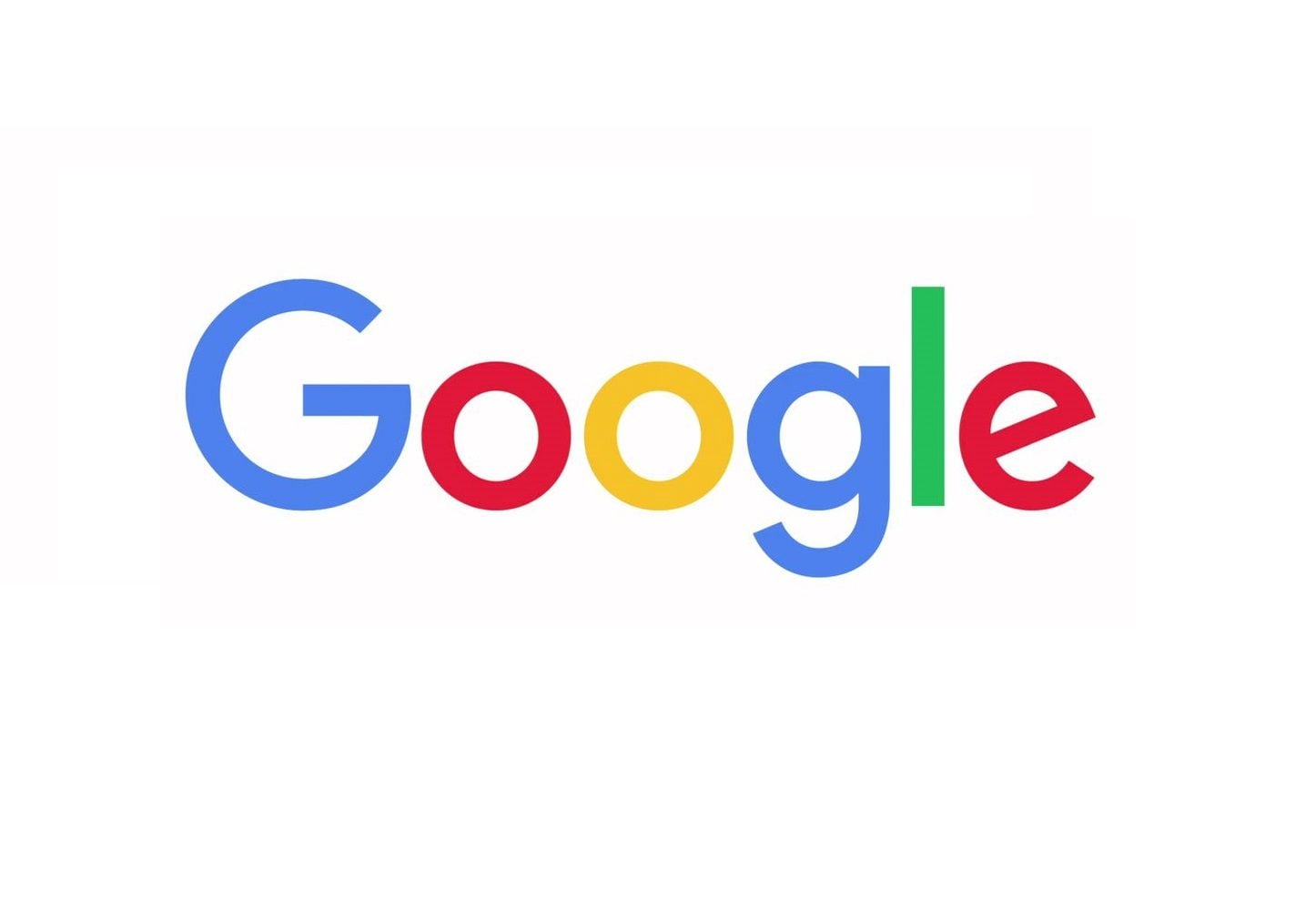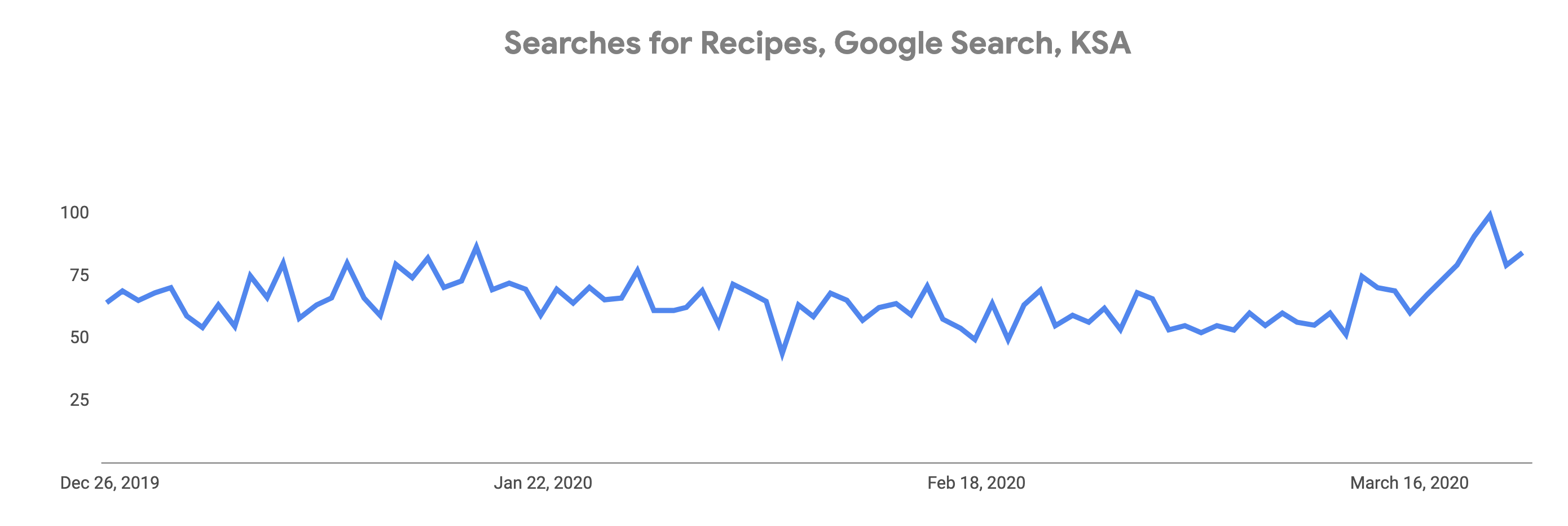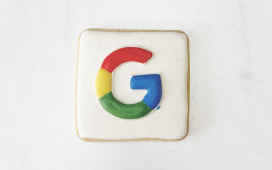By Dina Barakat, product marketing manager, Google MENA; and Sara Hamdan, editor, Think with Google MENA

We are collectively learning how to reassess and adjust plans in a dynamic environment. As marketers, we must embrace agility, even for key moments like Ramadan — traditionally a time of gathering, and the biggest ad season of the year.
So, how do you quickly adapt key campaigns that were months in the making? How can we help communities celebrate Ramadan when large gatherings may be discouraged? How do you stay relevant in the short and long term? While there is no playbook for marketing in a crisis, we can turn to useful new insights and trends to serve as signposts.
The key lies in the fact that consumers’ online behaviour changes during Ramadan — now more than ever, we rely on digital platforms to seek information, entertainment or buy what we need. Understanding this behaviour is essential for marketers to develop truly agile campaigns for Ramadan.
Ramadan at an unprecedented time
The holy season is a time to celebrate togetherness and community values. With social distancing in effect, and many consumers working and studying from home, there will be a heavier reliance on the digital world. How are users spending their increased time online? They are consuming entertaining content, learning new skills and getting creative with new hobbies.
Consumers are also shopping for essentials, with grocery delivery app downloads up 86% in Egypt, Saudi Arabia, and the UAE during the third week of March compared to the previous week. Searches for ‘How to’ have also increased in the UAE compared with previous months:

Through shared experiences online, a sense of community has blossomed. Creators in MENA have started the hashtag #YouTubersQuarantine (#حجر_اليوتيوبرز_المنزلي) on the platform to share quarantine routines and Stay Home #WithMe tips. The challenge for brands is to connect with consumers thoughtfully. To that end, here are three tips to keep in mind when building your Ramadan communications.
1. Together, but apart
Ramadan is usually celebrated with extended family and friends. Consider how to capture the feeling of being together without being physically present in the same space. Consider using technology to host virtual gatherings, like Tamer Ashour’s live stream and Porsche’s VR experience. Brands can foster a sense of community by building on this insight and arranging group virtual events:
- Share the love: The tradition of sharing meals with family during Ramadan is unlikely to happen as extensively this year. Rather than traditional large gatherings, messaging can shift to more intimate household celebrations — and the need to prepare easier or less complicated meals. Think about ways to express this change while delivering the same message of care and love.
- Bring people together: Broadcast content is big during Ramadan —last year it grew by 22%. Think of ways for friends to watch content together, like Patreon’s Netflix Party.
- Celebrate festive looks: During Eid, people traditionally visit family and friends in their finest festive looks. Brands can tap into this trend by virtually sharing pictures and videos using special filters, or through a fun tool like the Qalam app, which creates customised, visual messages.
2. Rethink details
Operating in a dynamic environment means rethinking what you know about Ramadan consumer trends. Little things can go a long way in helping consumers:
- Solo gift shopping: Gifting queries usually peak two weeks before Eid, but consumers will likely shop for gifts solo and online this season. Ecommerce sites and apps can help improve the experience by offering gifting options such as wrapping paper, customised cards and discounted add-ons. Giving customers one-stop solutions for giving and wrapping presents, perhaps segmented by age of the recipient, might also save time.
- More recipes: During Ramadan, search queries for recipes typically peak during the first two weeks of the month and decline in the last two weeks in favour of food deliveries and restaurants. With large or public buffets to be avoided this season, try to innovate with simple recipe recommendations, or fun communal activities such as cook-a-longs. Searches for recipes in KSA have already increased compared to the previous months:

- Hygienic delivery: With delivery in high demand, consider concerns the consumer has in mind in terms of sanitation and contact. Innovative solutions like contactless pick up could help solve these issues — and they’re currently on offer in the UAE by providers like Talabat and Deliveroo.
- Streamline websites: Make the online shopping experience as up-to-date as possible. Use Test My Site to ensure customers have a smooth experience loading your site (including on mobile), update your stock details in real time (i.e. implementing stock count features and enabling product restock notification), and offer accurate delivery times.
- Be flexible: Help consumers with refunds and payment plans. In the US, for example, Ford Motors halted all ads promoting car sales in favour of offering payment relief plans. In the UAE, airlines such as Emirates are offering flexible rebookings and refunds.
3. Have a plan B
In a rapidly-changing market, brands should have contingency plans:
- Create assets for different scenarios: Remember that utilising existing assets and making small changes can be a more efficient solution than starting completely from scratch.
- Refresh asset production: Can you produce assets without the need for a filming set for efficiency? This could include animation, repurposing old ad creatives, or using content creators who work from home.
- Stay up-to-date: Assess your comms to ensure relevancy. Use Google Trends to keep up with local and global trends, updated by the hour. Consumers will appreciate updates and regular contact.
As we continue to face challenges in the coming weeks, one thing is clear: Ramadan will not be business as usual. However, it might offer you a more thoughtful way to connect with your consumers. Ramadan kareem!










